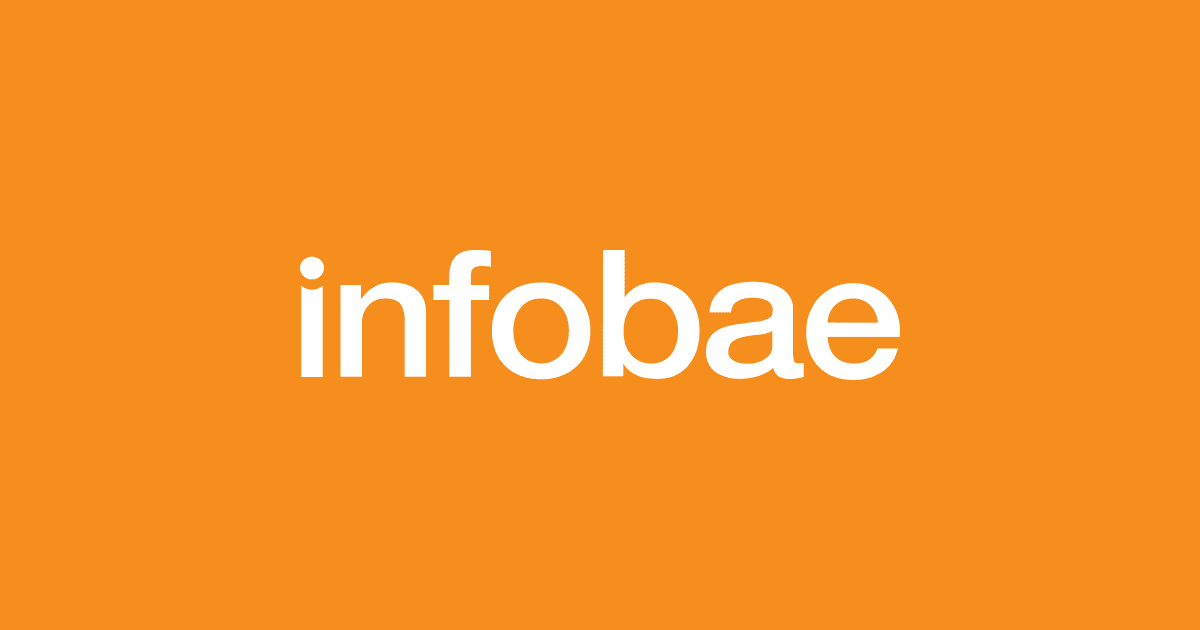Exports of health products, which include medical equipment and supplies, instruments and pharmaceutical products, authorized since 1992 under the so-called Cuban Democracy Law (CDA), have been uninterrupted since 2003.
Although the regulations of the Washington embargo against Havana require verification of the final use of these products, they do not impose payment in cash in advance, as is the case with food.
According to US federal reports, health exports have included drugs such as penicillin and insulin; toothpastes; laboratory reagents; ultrasound equipment; artificial prostheses; medical devices; dental and ophthalmic surgical apparatus; cannulas and gelatin capsules.
Humanitarian donations, started in 2014 and without pause until todayinvolve the delivery of various products by US federal agencies using airlines and containerized cargo. In less than nine years they have represented a total of 88,174,764 dollars.
Adding those three lines, the figure officially obtained by the Government of Cuba from the northern countrywhich he accuses of subjecting him to a fierce “blockade”, rounds up to $7,125,679,433.
Solo chicken meatthe food that Havana buys the most in the US, between 2004 (when it appeared in the shopping cart) and last April It amounted to 2,628,736,225 dollars.
All exports are authorized, despite the embargo, under the Trade Sanctions Reform and Export Enhancement Act (TSREEA) of 2000, passed by the George W. Bush Administration, to which The Havana resorts without pause since December 2001.
Neither the authorities nor the official press make mention of this commercial volume. Instead, they say that the “greed of the neighbor to the north” seeks to plunge Cubans into suffering.
In 2015 and 2016, the Office of Foreign Assets Control (OFAC) expanded the list of products authorized to export from the United States and third countries to Cuba., with emphasis on non-durable, durable and consumable products, as long as they were directed to entities not affiliated with the Government of the Republic of Cuba. But to date Havana “has generally prohibited these imports”points out the Economic and Commercial Council.
According to the report, exports increased 6.4% in April 2023, with more than $19,248,734 in purchases. In that period the purchase of powdered and condensed milk (228,542 dollars) skyrocketed; coffee (1,029,008); waffles and wafers (372,958); cookies (674,864) and mixed condiments (475,588).
Despite the propaganda from Havana, Today Cuba ranks 57th among the US export markets for food and agricultural products.
Among the companies that exported to Cuba in the fourth month of 2023, in the case of chicken supplies, AJC International, Intervision Foods and Gerber Agri International stood out, all based in Atlanta, Georgia; Boston Agrex, of Norwell, Mass.; Little Rock, Arkansas-based Mountaire Farms; Vima USA, Ltd., of New York, and Grove Services.
Added to them are Arcross Group Corporation, based in Miami, Florida, which exported paper and chicken; Koch Foods, based in Chattanooga, Tennessee, which supplied fish and chicken, and Katapulk Marketplace, in Miami and owned by Cuban-American Hugo Cancio, with extensive connections to the leadership of the Cuban regime, to whom it sold copper metal and products in April food.
The report notes that there are “undeclared or undocumented exports of products from the United States to Cuba” that arrive through channels such as direct charter flights, regular airlines from third countries and cargo ships.
Such items include, but are not limited to, for example, “welding equipment, power tools, electronic equipment, printers, kitchen supplies, medical supplies, household items, etc., carried as baggage (checked and carry-on) by passengers,” the report said. I mean, the volume of unrecorded exports could easily be several times higher than those documented by US authorities.
The report warns that today “the Government of Cuba has less financial support, and other actors (Russia, China, Brazil, Iran, etc.) do not have the capacity to replace Venezuela as important benefactors.” But the truth is that Havana does not stop looking for that ally to support it, even if it is at the expense of national sovereignty.
FUENTE: diariodecuba.com / JOSÉ LUIS REYES




